The views expressed in our content reflect individual perspectives and do not represent the authoritative views of the Baha'i Faith.
In 1975, while speaking to a group of students at Harvard University, the celebrated boxer, wordsmith, and humanitarian, Muhammad Ali — five years removed from his three-year ban from boxing for defying the military draft — was asked to recite an original poem.
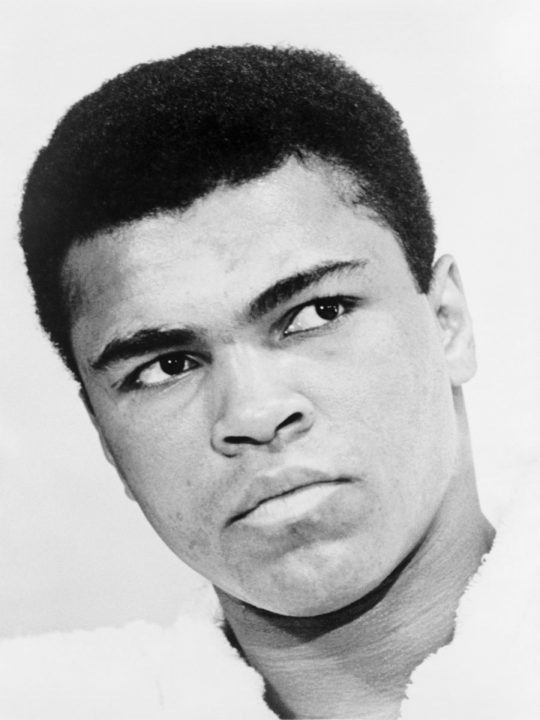
“Give us a poem,” someone in the crowd shouted. After a brief, thoughtful reflection, he looked up and said, “Me. We.” — a couplet of remarkable brevity (it is considered the shortest poem in the English language) and expansive, penetrating insight. In two words, brilliantly chosen, the boxer/poet ingeniously distilled the intrinsic relationship between the individual and the collective — a transcendent interdependence embodied in the moral ethic of reciprocity, also known as the “golden rule” from Matthew 7:12: “Do unto others what you want them to do to you. This is the meaning of the law of Moses and the teaching of the prophets.”
RELATED: Building Spiritual Immunity to Racism
Ali’s concise poetic interpretation captures the oscillating energy between the “one” and the “many.” The cosmic space of that vibrational field acts as the timeless force that binds all things within a universe of interconnectedness and mutuality. There is an inherent “we-ness” in “me”, and an inherent “me-ness” in “we.” Within the context of this relationship, any action — be it individual or collective — impacts us all. Separation, then, is the grand delusion — the enduring masquerade that feeds our fears and reinforces the self-destructive and “other”-destructive hatred at the heart of the moral failure of racism and sexism.
RELATED: Stopping the Slow, Deadly Drip of Racial Microaggressions
In the groundbreaking film “The Color Purple”, based on the award-winning novel by Alice Walker, the main character, Celie, confronts her abusive husband Mister in a pivotal scene. Mister raises his hand to strike Celie when she, newly empowered by a regenerative self-awareness, turns to him and says: “Everything you done to me, already done to you.” The profound implications of her words, coupled with her powerful self-possession, is a reclamation of Celie’s agency and an affirmation that what we do to others we also do to ourselves. In the light of this, racism and misogyny are not only assaults directed at the objectified “other”, they are also the unmasking of deep-seated self-hate and self-revulsion, for that energy, like the tide, flows in both directions.
In the Baha’i writings, Abdu’l-Baha, the son of Baha’u’llah, and his appointed successor, once compared humanity to the interrelated parts of the body. He said:
the human body, all the members of which are connected and linked with one another with the greatest strength. How much the organs, the members and the parts of the body of man are intermingled and connected for mutual aid and help, and how much they influence one another!
So, in a metaphorical sense, the constituent components of the corporeal form are likened to the diversity of the human family. In this context, logic naturally leads one to develop an appreciation of and respect for the unique contribution each element makes to the functioning of the whole. To love the lungs but hate the heart is a fool’s attempt to gamble with death, and the odds are not in his favor.
When I was in high school, I played football and baseball. I was a good athlete, but I had no illusions that I would ever play Division I, or make it to the pros. Athletics was fun for me — a way of testing my mental toughness and the limits of my body. One day, during warmups before a baseball game against a cross-town rival, I went up for a pop fly ball and felt a pop in my kneecap. I landed on the damp grass of the outfield in excruciating pain.
When I finally got to the hospital and endured a series of tests and a round of x rays, I was told that I had torn the ligaments in my left knee, an injury that would require 6 to 8 weeks of post-surgery recovery time. For nearly two months, I hobbled on crutches between classes, my plaster cast densely covered with the scribbled sentiments of my classmates. Everywhere that I went, I made sure that my injured knee was comfortable. At night when I slept, I would prop my leg up with two pillows because, in that elevated position, the pain was less intense. I allowed myself the extra time to do the mundane tasks that I would normally perform without thought — bathing, putting on clothes, and navigating a flight of stairs.
When my cast was finally removed, I was shocked to see that my injured leg was considerably smaller than what I remembered — a result of muscle atrophy — but the pain was gone. And, with a little exercise and time, the strength in the leg eventually returned, and my body’s natural balance and equilibrium were restored. The care and attention I gave to the affected area of my body benefited the whole.
In the aftermath of recent police killings of unarmed Black and brown men, protests across the country featured the now well-known slogan, Black Lives Matter — a phrase that served as a rhetorical lightning rod for those who felt that by centering Black lives, “other lives” were diminished. For some, the phrase represented a threatening declaration of racial exceptionalism that warranted public rebuke, a clever though reductive argument lacking the reflective analysis the accusation demands. Could it be that the declarative affirmation that “Black Lives Matter” is by its nature, a diminution of non-Black lives? Or, is it possible that something else is happening here — something that an injured knee, the lessons of history, and a deeper study of the Baha’i writings could reveal?
RELATED: Why Discomfort Is a Sign of Racial Healing
In the previous quote from Abdu’l-Baha, all of the parts of the body work together — each performing a unique function — to support the whole. In this masterful example, the virtues of mutual support, aid, and encouragement are manifested in the interconnected tissue and organs which labor cooperatively without animus, envy, or enmity. The liver converts sugars into glycogen which becomes a source of energy for the body. This organ is designed for this task specifically, just as the other organs have their own unique design and function. Likewise, the arms, hands, legs, and feet are engineered to fulfill a set of actions that ambulate the body and give it mobility. When all of these elements are healthy, the organism can realize its full potential. On the other hand, when one or more of these components is compromised, steps must be taken to reinforce the ailing member to give it the time required to heal so the natural equilibrium can be restored.
In another powerful quote, Abdu’l-Baha expounds on the theme of interrelationship as evidence of divine order:
The beings, whether great or small, are connected with one another by the perfect wisdom of God, and affect and influence one another. If it were not so, in the universal system and the general arrangement of existence, there would be disorder and imperfection. But as beings are connected one with another with the greatest strength, they are in order in their places and perfect. This subject is worthy of examination.
When I was recovering from my injury, my healthy right leg never raised objection to the attention my injured left leg required for restoration. It never accused me of neglect as I focused on mending the most affected area of my body. In a metaphorical sense, the care and concern given to my healing process was an implicit assertion that “left legs matter” because at that moment, the injured member needed immediate attention. It would be foolish to conclude that that attention was a denigration of the other members of my body. On the contrary, my right leg seemed to know intuitively somehow that its wellbeing was bound to the fitness of its injured brother, and that ultimately, once the rehabilitation was complete, the intended balance would be reaffirmed.
Given the brutal history of racism in America — a history fraught with the inhuman legacy of slavery, the dispossession of Native American populations, lynching, rape, convict leasing, and the objectification and dehumanization of the Black body vis-a-vis the systemic ills of white supremacy, is there any wonder why we need to be reminded again and again that yes indeed, ‘“Black Lives Matter”, that “Red Lives Matter”, that “Brown Lives Matter”?
RELATED: “Are You Angry?” What I Get Asked As a Black Man
The empirical evidence is clear. Any dispassionate survey of our past leads us to conclude that “White Lives” have always mattered most in the United States. Those members of the body politic constitute the “privileged” who have benefited from a monopoly of the care and attention that is meant to be evenly distributed throughout the whole. We have neglected the sustained injuries suffered by those parts of ourselves that we have forced to the margins and as a result, our full health and vitality are yet to be realized.
In his powerful 1938 letter to the Baha’is of America and Canada, Shoghi Effendi, the beloved Guardian of the Baha’i Faith, instructs the Baha’i community in clear and emphatic language on how to regard minority populations:
…every differentiation of class, creed, or color must automatically be obliterated, and never be allowed, under any pretext, and however great the pressure of events or of public opinion, to reassert itself. If any discrimination is at all to be tolerated, it should be a discrimination not against, but rather in favor of the minority, be it racial or otherwise.
Unlike the nations and peoples of the earth, be they of the East or of the West, democratic or authoritarian, communist or capitalist, whether belonging to the Old World or the New, who either ignore, trample upon, or extirpate, the racial, religious, or political minorities within the sphere of their jurisdiction, every organized community enlisted under the banner of Bahá’u’lláh should feel it to be its first and inescapable obligation to nurture, encourage, and safeguard every minority belonging to any faith, race, class, or nation within it.
In his towering words, one can detect a profound reordering of the social order reminiscent of the biblical injunction that “he who is first among you shall be last, and he who is last shall be first.” It is a call to redirect our attention to the needs of the “least among us.” It is a call to empathy — to sacrifice —to fellowship, and brotherhood. Indeed, it is a call to participate in the mending and binding of the whole of humanity, that vast, wonderous interconnecting network of pulsating energy that we call “spirit.” When we have finally done this, when all of the constituent elements of the corpus of mankind have been restored, we will marvel at the astonishing feats that a unified humanity, working in synergistic harmony, can accomplish.


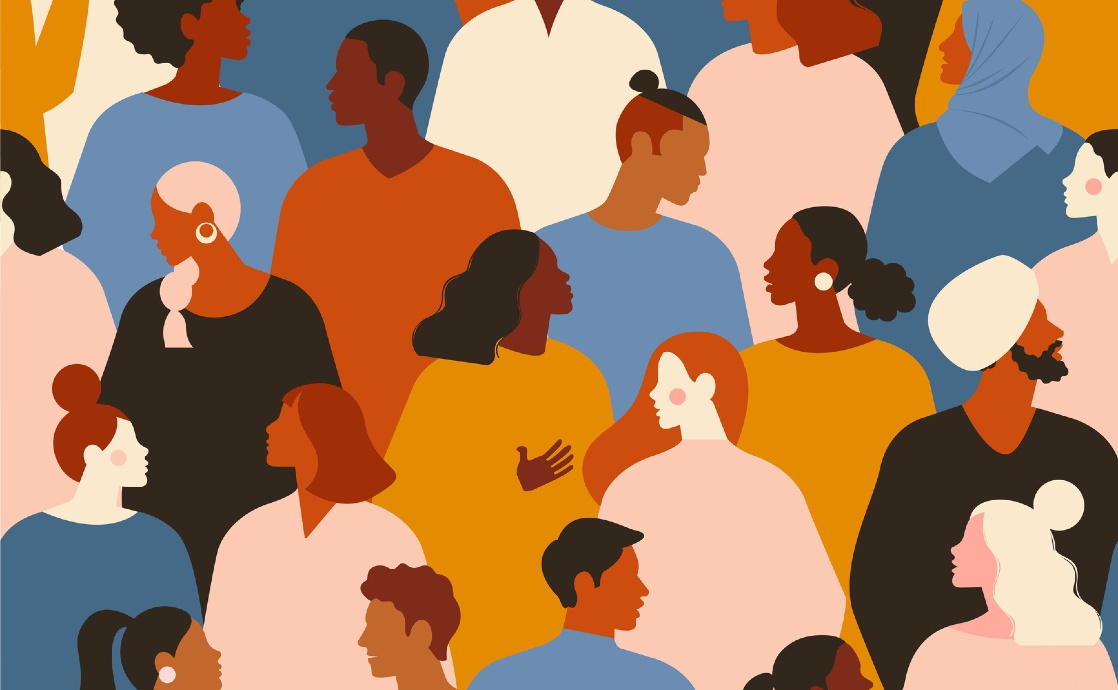
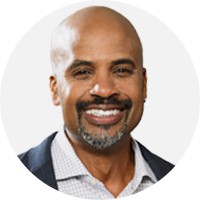
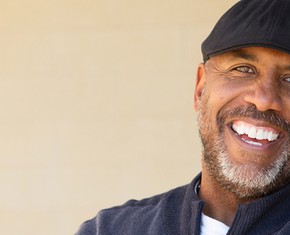
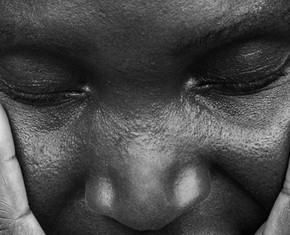










Comments
Sign in or create an account
Continue with Googleor